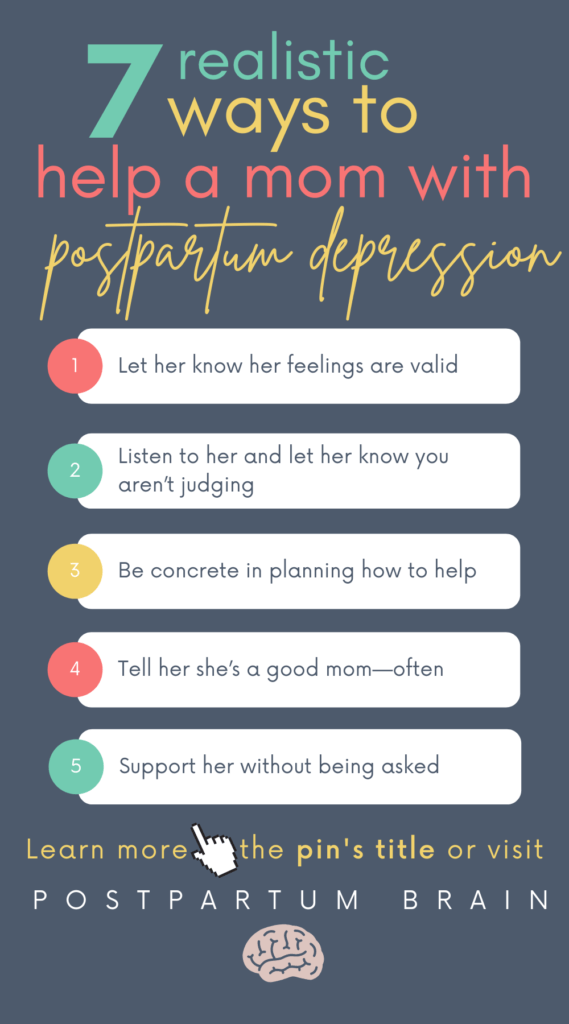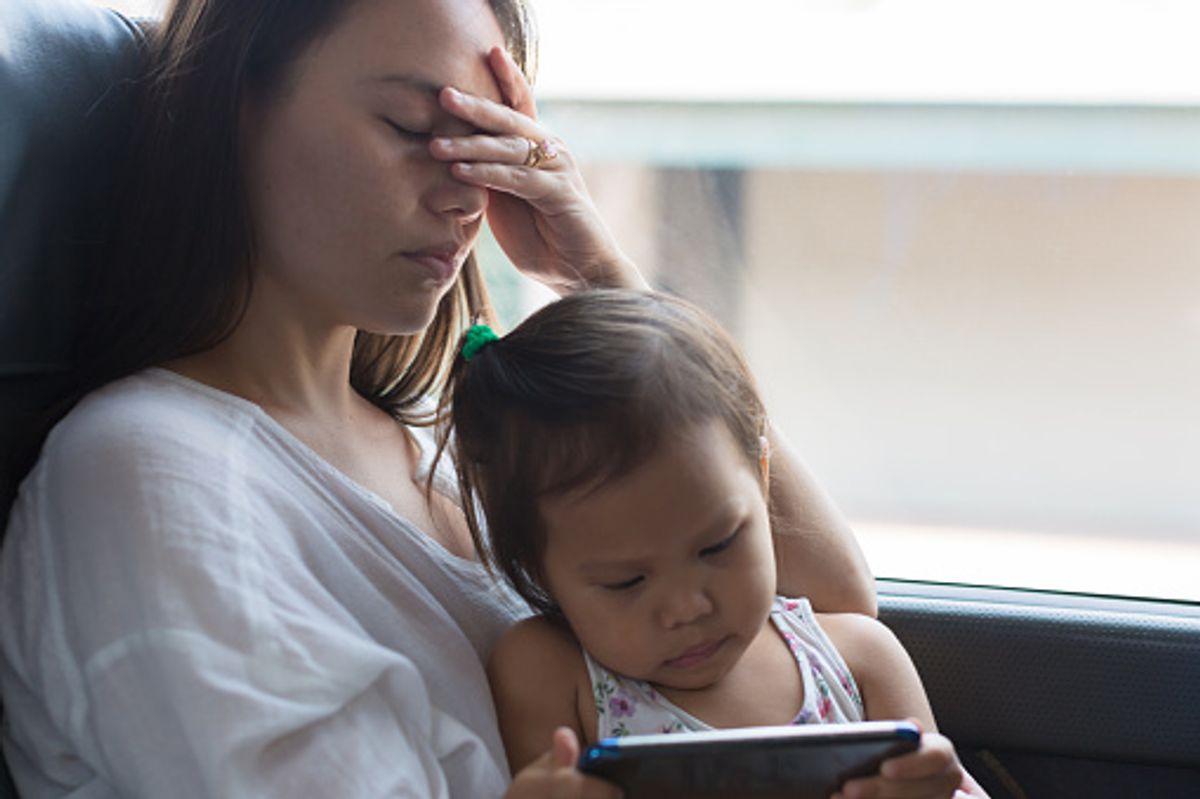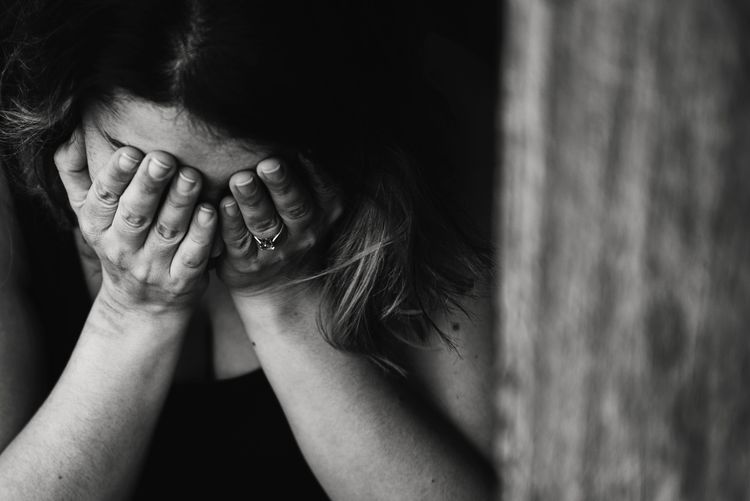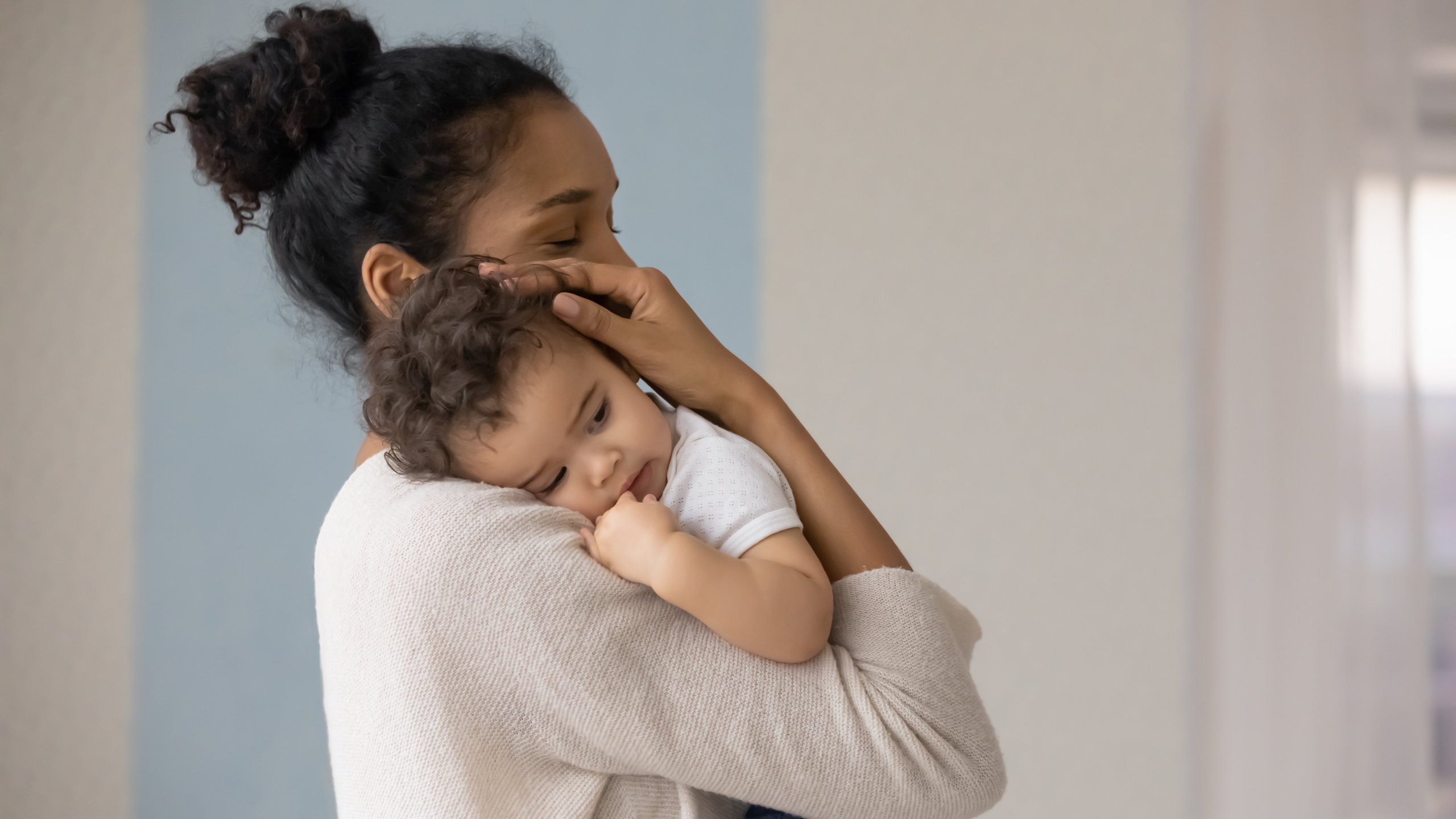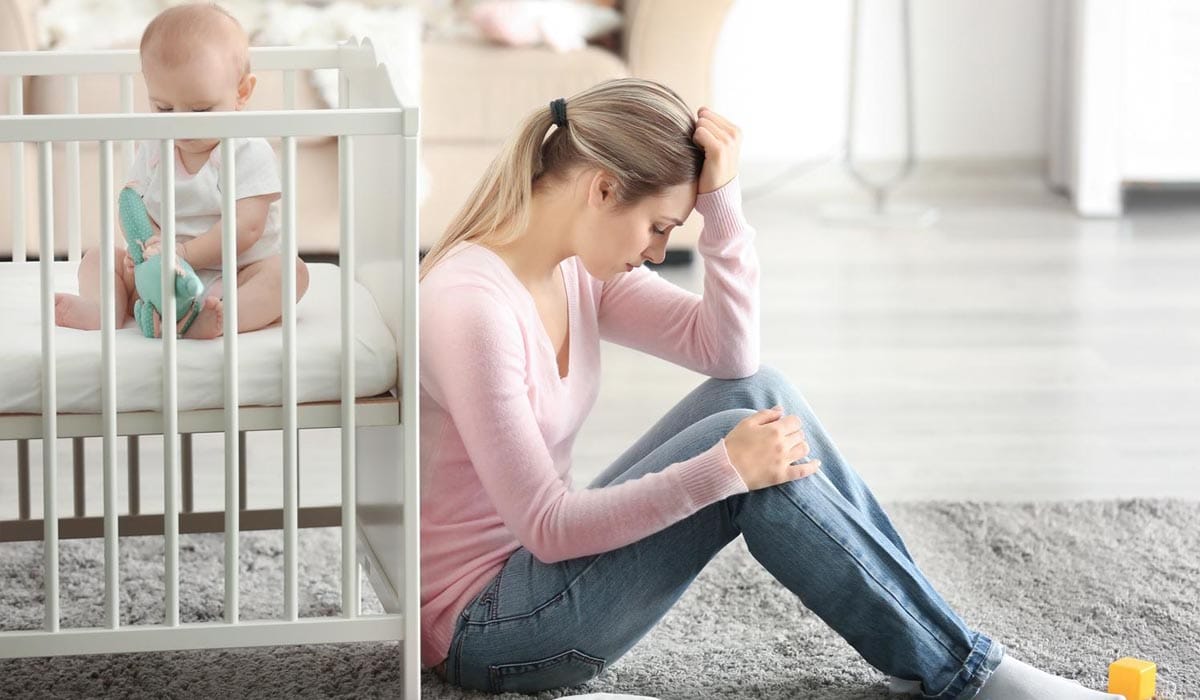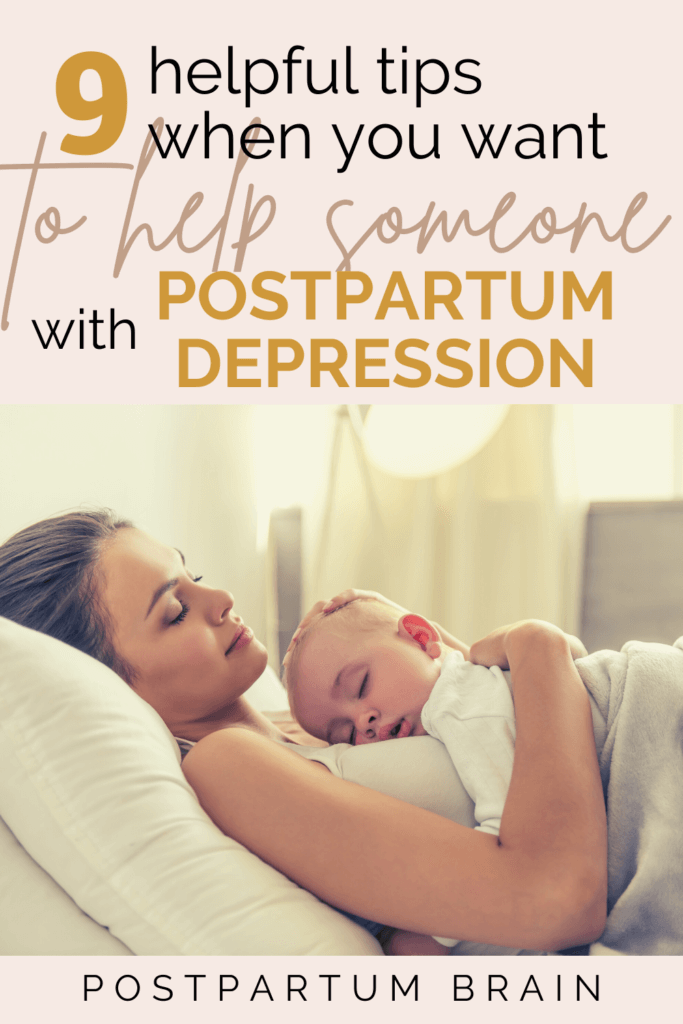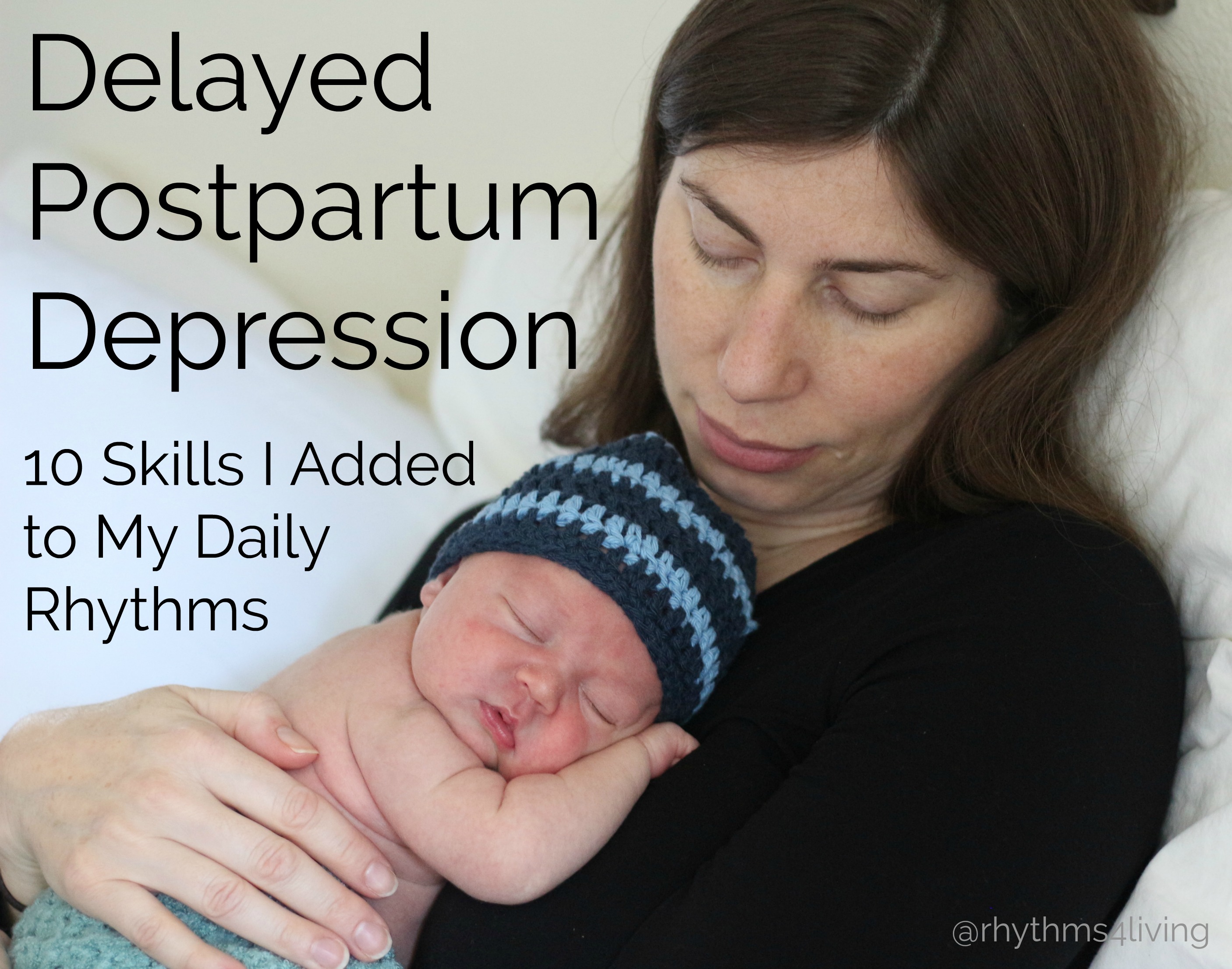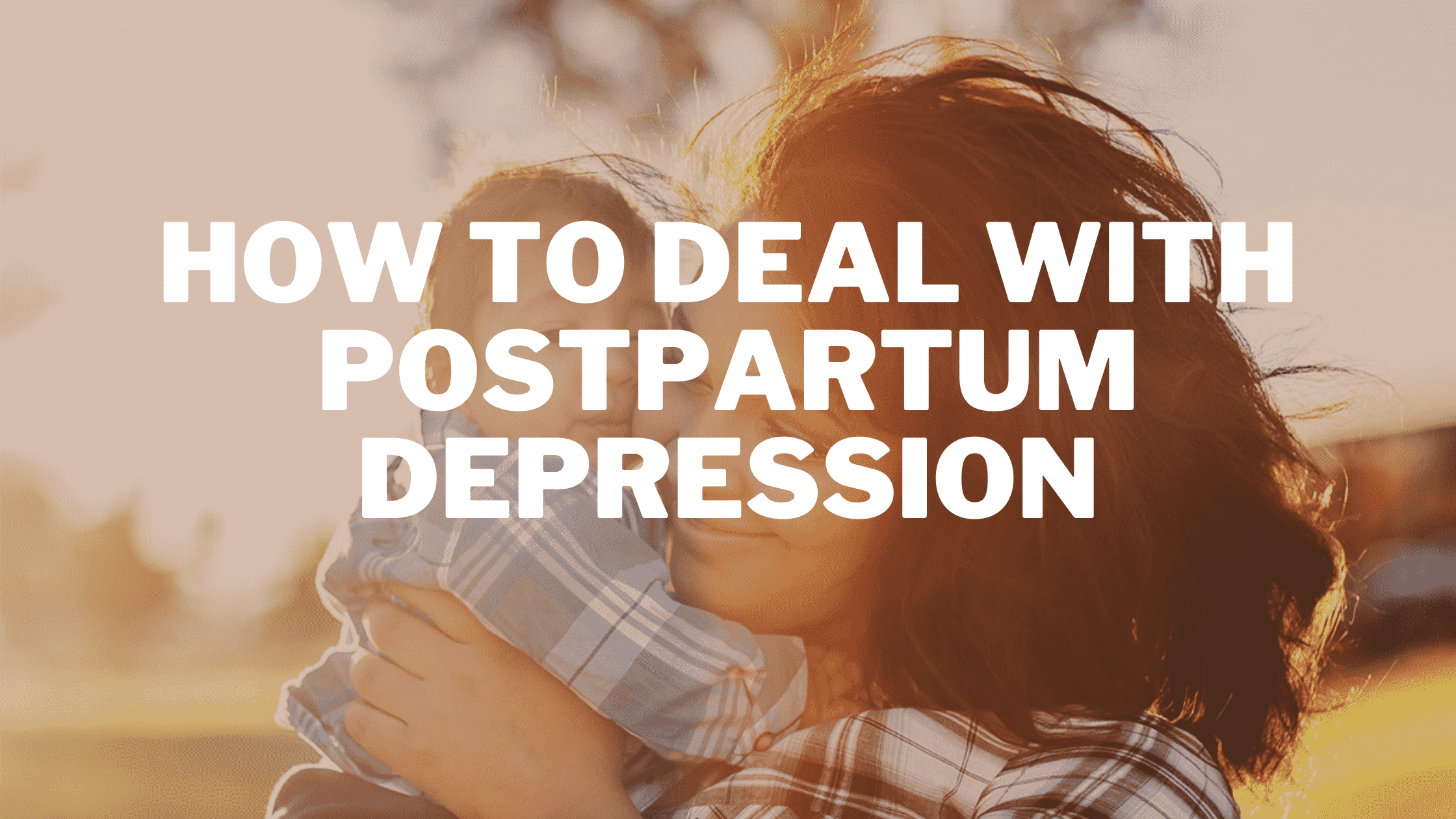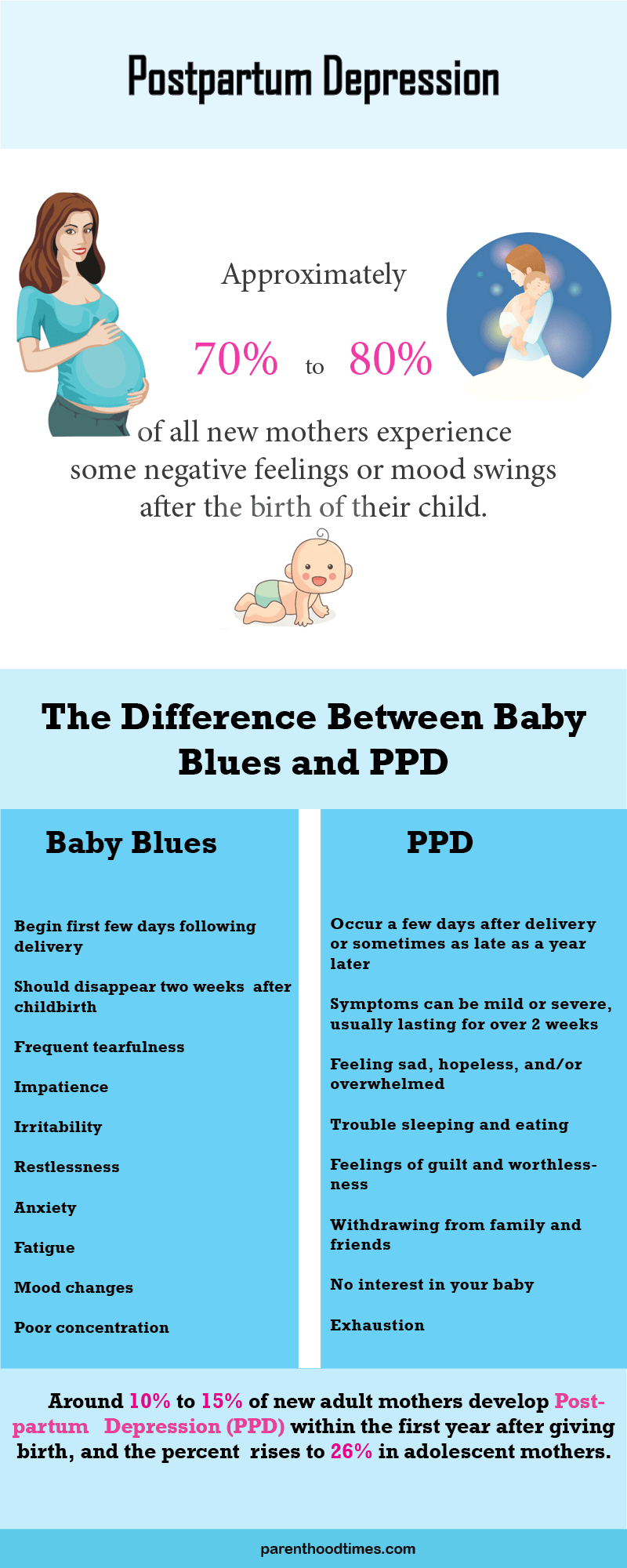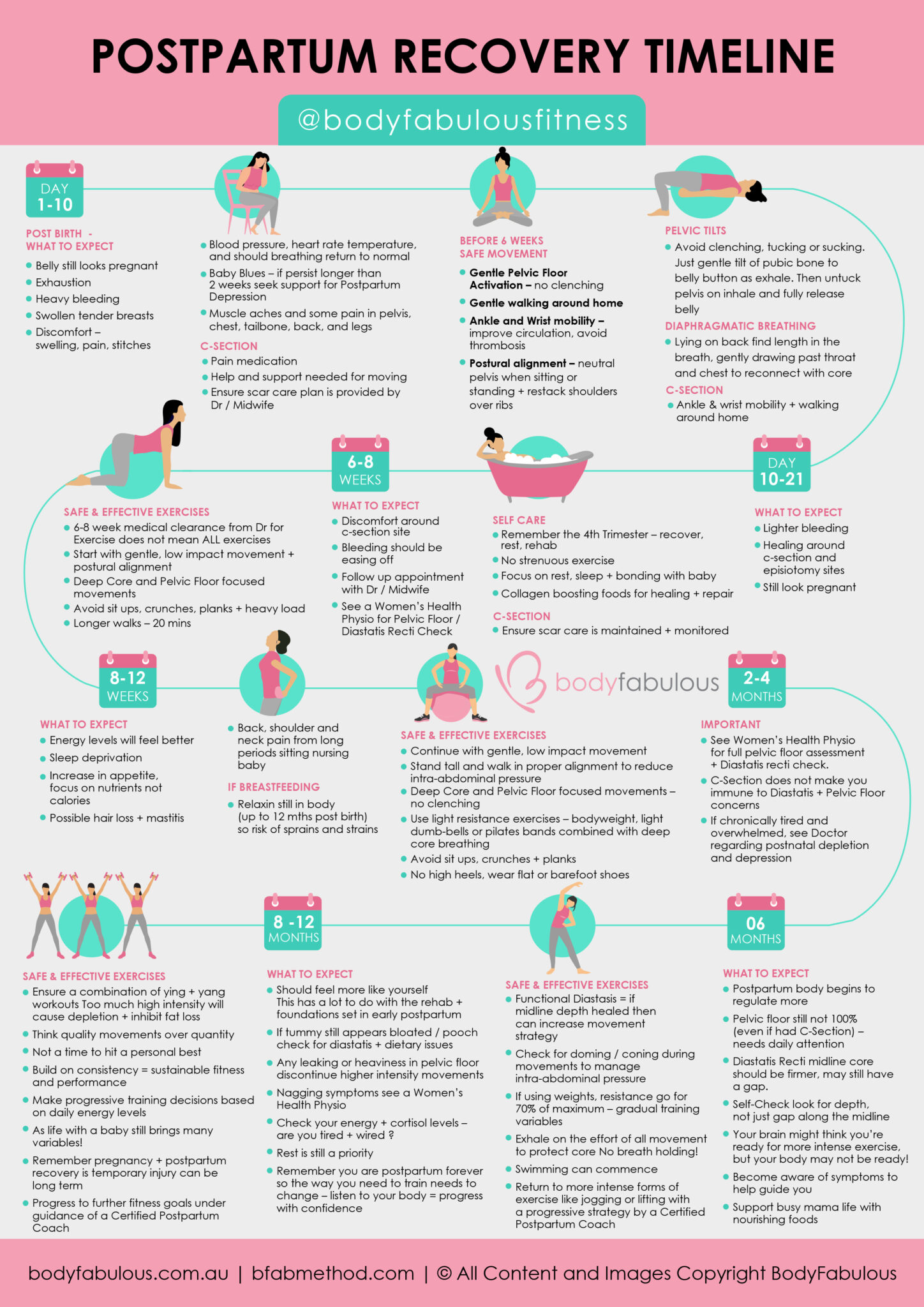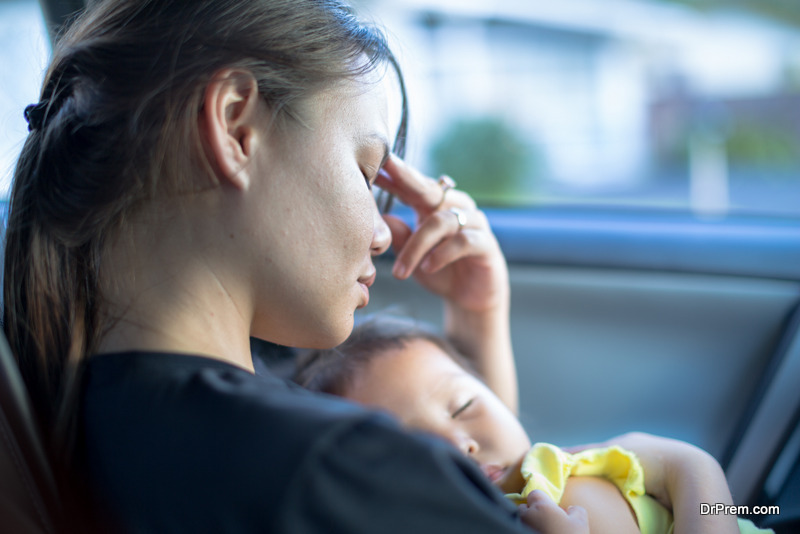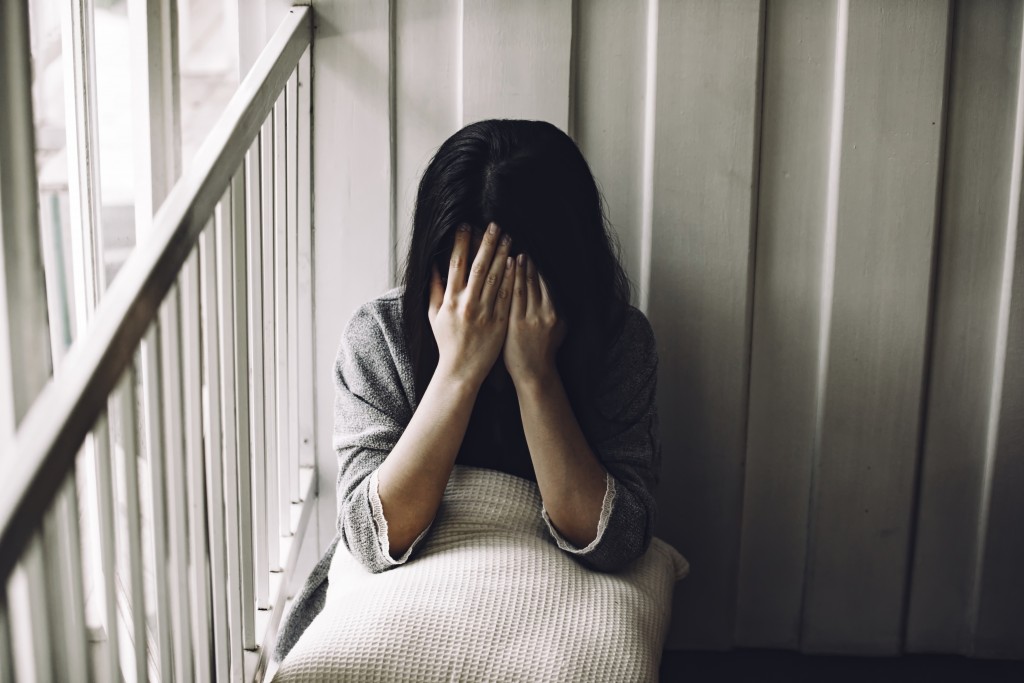Have A Tips About How To Deal With Postpartum Depression
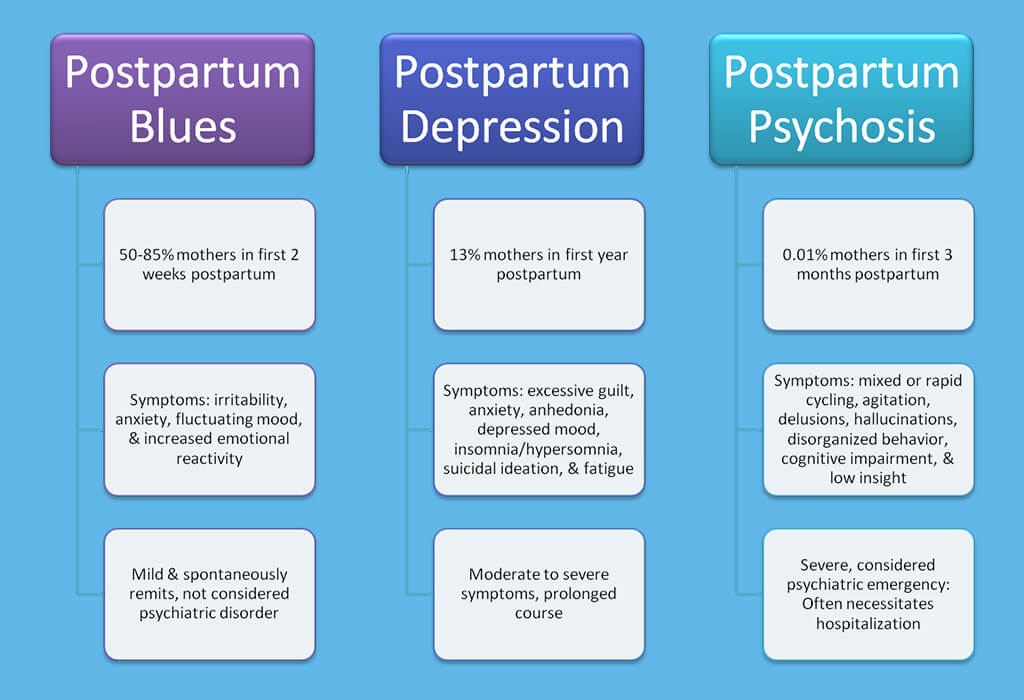
Take care of yourself tip 4:
How to deal with postpartum depression. Now that you and your medical team have identified the problem, you know what needs to be done and can begin treatment. This video explores african women’s connection to tattooing and scarification, looking at how that connection was lost as a result of colonization. It’s thought that — much like depression and other mental health conditions — there’s both a biological and environmental component in ppd.
If you have postpartum depression, prompt treatment can help you manage your symptoms and help you bond with your baby. But as many as 15% of new moms suffer a more serious condition called postpartum depression (ppd). Signs and symptoms of postpartum depression.
Make time for your relationship with your partner treatment for postpartum depression helping a new mother with postpartum depression Symptoms, treatments, and finding help symtpoms treatment causes and risk factors. Listen to her and let her know you aren’t judging.
The symptoms of postpartum depression are more intense than the baby blues and can include feelings of profound sadness, hopelessness and guilt, a loss of energy, irritability, and trouble sleeping. Intense feelings of sadness, anger, or worthlessness. Coping with postpartum depression tip 1:
Healthy eating alone won’t cure ppd. Lean on others for help and support tip 3: 9 tips for coping author:
Postpartum depression is a serious mental health condition that involves the brain and affects your behavior and physical health. Maggie holland, ma, mhp, lmhc medical reviewer: Ways to cope and heal.
Also known as perinatal depression or postnatal depression, about 1 in 8 new mothers experience some level of postpartum depression (ppd) during the first year after giving birth. Sometimes it's simply a complication of giving birth. Postpartum depression is often treated with psychotherapy — also called talk therapy or mental health counseling — medicine or both.
Advice from a therapist author: Sometimes the stress coupled with the changes in hormones, can lead to postpartum depression. You can turn to an organization called postpartum support international, a nonprofit that helps women and their families find support for postpartum depression, says ann smith, the director.
Let her know her feelings are valid. Postpartum depression is a mental health condition that affects individuals, primarily mothers, after giving birth. April 24, 2023 postpartum depression can hinder a new family’s ability to thrive.
Support is available 24/7. 7 ways to cope with postpartum depression 1. Excessive sadness that lasts for more than 2 weeks.
